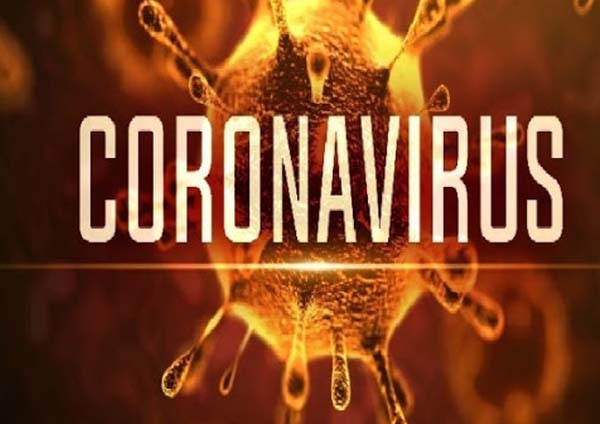(3 minutes read)
· Novartis announced it has delivered one billion courses of anti-malarial treatment since 1999
· More than 90% of this artemisinin-based combination therapy (ACT) was supplied without profit to malaria-endemic countries around the globe, the pharmaceutical company said
· Novartis signed an agreement with the WHO, committing to make the anti-malarial available without profit to the public sector of malaria-endemic countries.
Novartis announced it has delivered one billion courses of anti-malarial treatment since 1999. More than 90% of this artemisinin-based combination therapy (ACT) was supplied without profit to malaria-endemic countries around the globe, the pharmaceutical company said.
ACTs are the standard of care for the treatment of P. falciparum malaria, the deadly form of the disease. This strain of malaria is responsible for over 99% of cases in Africa and half of cases in Asia
.
Working with Chinese partners, Novartis launched the first fixed-dose ACT in 1999, which is a natural compound found in the plant Artemisia annua, or sweet wormwood, and has shown to clear malaria parasites in the blood.
Adoption of ACTs as first-line treatment by the World Health Organization (WHO) has been critical to the global malaria response. Since 2000, the WHO estimates that 1.5 billion malaria cases have been averted and 7.6 million lives saved. In 2001, two years after the launch of its ACT, Novartis signed an agreement with the WHO, committing to make the anti-malarial available without profit to the public sector of malaria-endemic countries. Novartis continues to provide treatments on the same terms as before, although the agreement expired in 2011.





